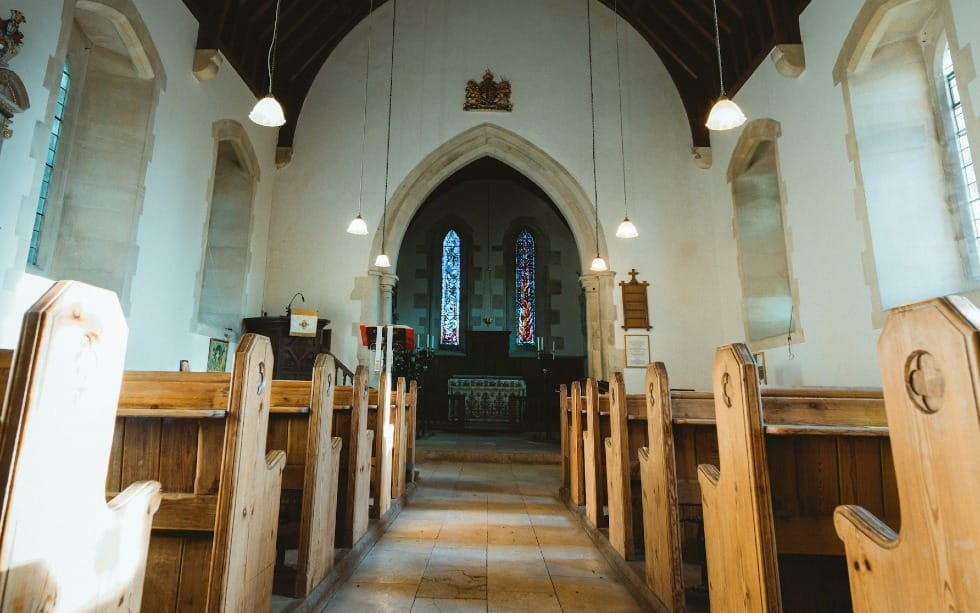Is Your Belief in God Personal? (Luke 16-17; John 11)
Do you believe Jesus can bring life to what feels beyond saving? He is not only the resurrection for later but the life we need now in every situation.

Luke 16-17; John 11
Today's Scripture Passage
A Few Thoughts to Consider
How much of your life is shaped by the reality of who Christ is?
In John 11, we see the story of Jesus and Lazarus—“a shortened form of the Hebrew name ‘Eleazar,’ which means ‘whom God helps.’”[1] The irony of this meaning will soon become apparent because while Jesus is away, Lazarus falls ill in Bethany (currently called el-’Azariyeh after Lazarus), a small village “two miles southeast of Jerusalem on the road to Jericho.”[2]
When Jesus receives news of Lazarus’ condition, he says in verse 4, “This sickness will not end in death but is for the glory of God, so that the Son of God may be glorified through it.” Robert Mounce notes that Jesus “did not mean by this that Lazarus would not die. Nor is his point that although Lazarus would die, he would not remain in death. Jesus is saying that the purpose of the sickness is not death but the glory of God.”[3]
Rather than going to Bethany immediately, Jesus delays, and when he finally shows us, Lazarus has been dead for four days. That’s when Jesus and Martha have a fascinating exchange. Martha says to Jesus in verses 21-22, 21 “Lord, if you had been here, my brother wouldn’t have died. 22 Yet even now I know that whatever you ask from God, God will give you.” Jesus responds, “Your brother will rise again.” And Martha, resigned to the finality of Lazarus’ death, says, “I know that he will rise again in the resurrection at the last day.”
D.A. Carson calls this exchange “a masterpiece of planned ambiguity.”[4] Rather than making an obvious point, Jesus is helping Martha realize his full identity. He then responds to Martha and says, in John 11:25-26, 25 “I am the resurrection and the life. The one who believes in me, even if he dies, will live. 26 Everyone who lives and believes in me will never die.” Here, we have the fifth of seven “I am” statements in John’s gospel. In other places, Jesus said:
· “I am the bread of life” (John 6:35).
· “I am the light of the world” (John 8:12).
· “I am the gate for the sheep” (John 10:7).
· “I am the good shepherd” (John 10:11).
· “I am the way, the truth, and the life” (John 14:6).
· “I am the true vine” (John 15:1).
This is also connected to Old Testament passages like Exodus 3:14, in which God says to Moses, “I AM WHO I AM. This is what you are to say to the Israelites: I AM has sent me to you.” By making this “I am” statement and claiming to be the resurrection, Jesus was claiming to have authority over death. He was not just claiming to be a facilitator of God the Father’s character. He was claiming to be God himself.
Jesus then poses the all-important question to Martha, “Do you believe this?” As Carson notes, Jesus “is not asking if she believes that he is about to raise her brother from the dead, but if her faith can go beyond quiet confidence that her brother will be resurrected at the last day to personal trust in Jesus as the resurrection and the life, the only person who can grant eternal life and promise the transformation of resurrection.”[5] Carson goes on to say, “Jesus’ concern is to divert Martha’s focus from an abstract belief in what takes place on the last day, to a personalized belief in him who alone can provide it.”[6]





